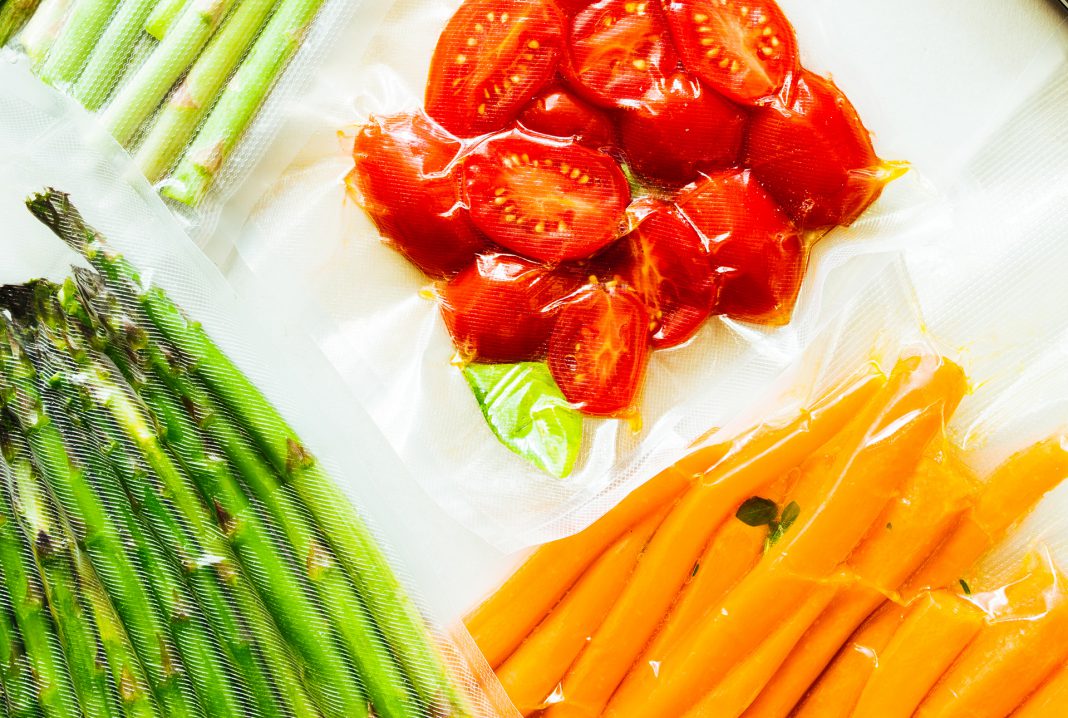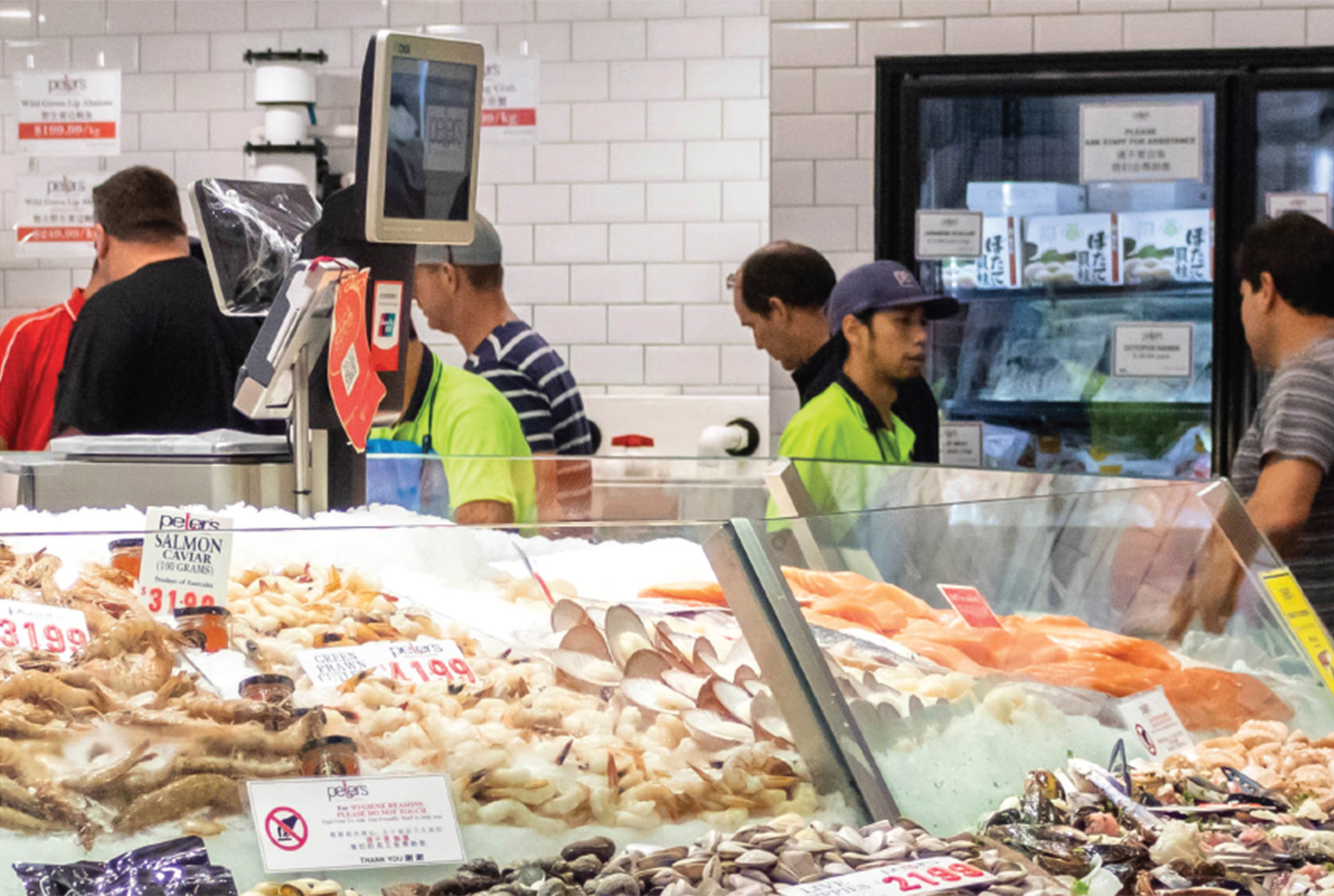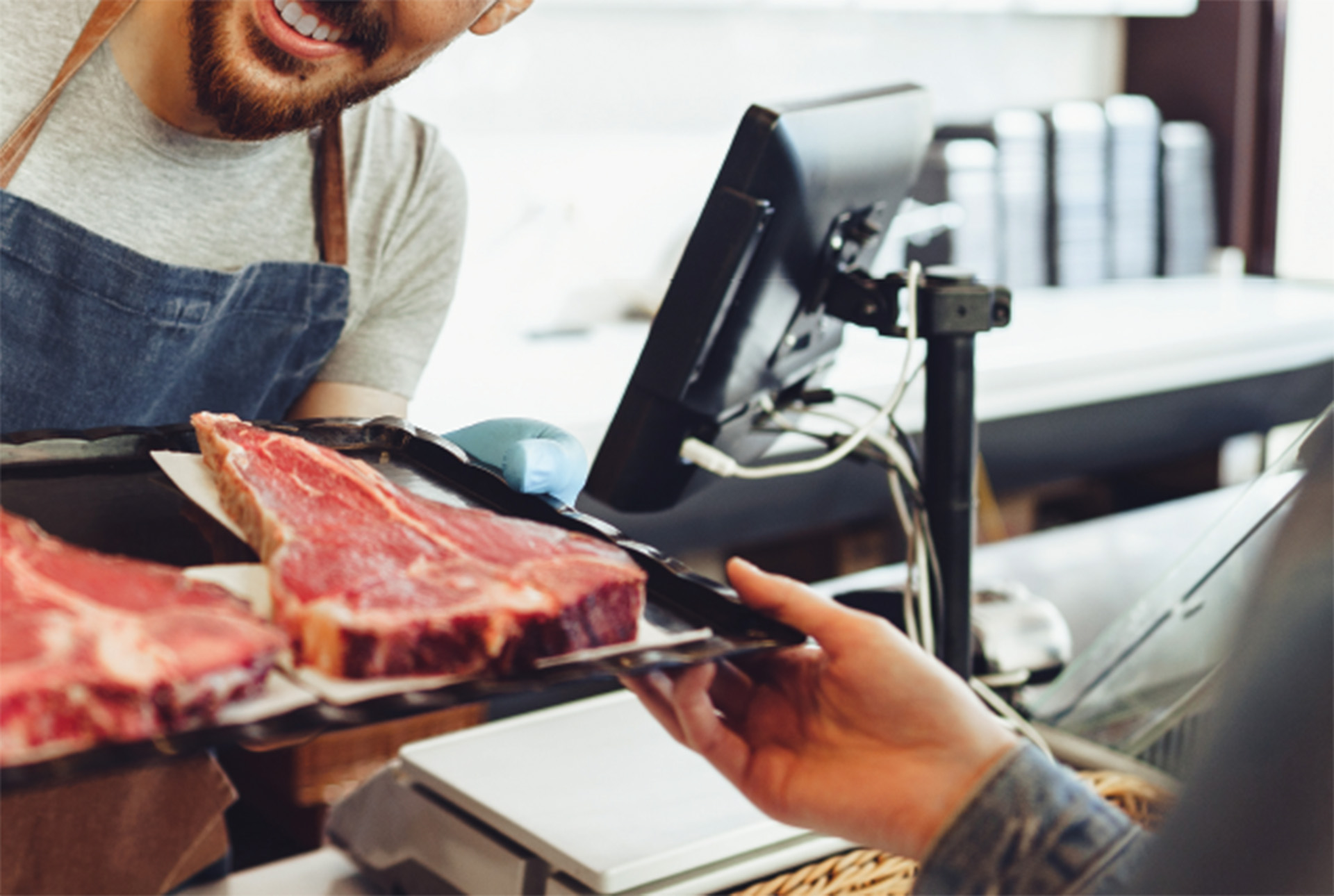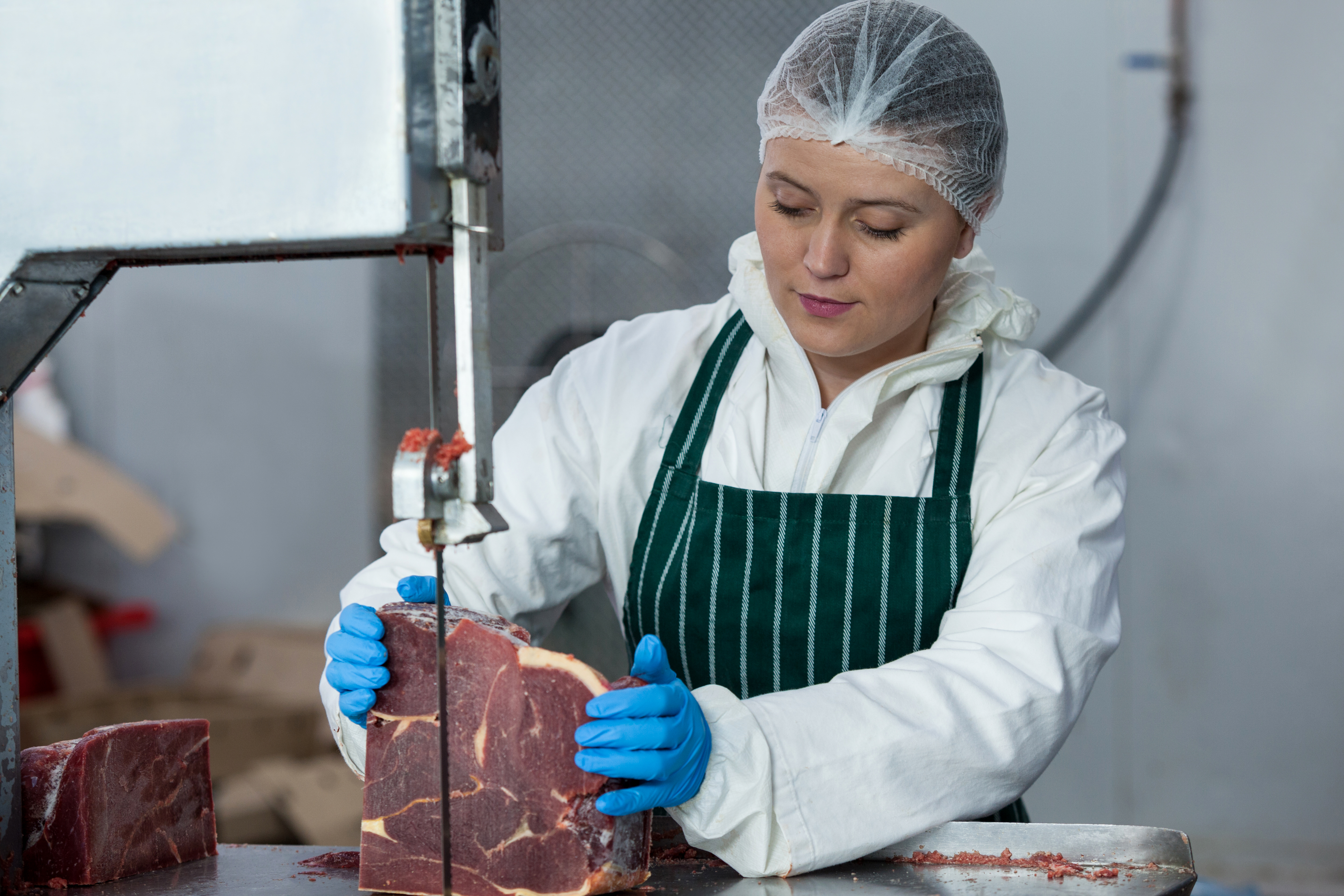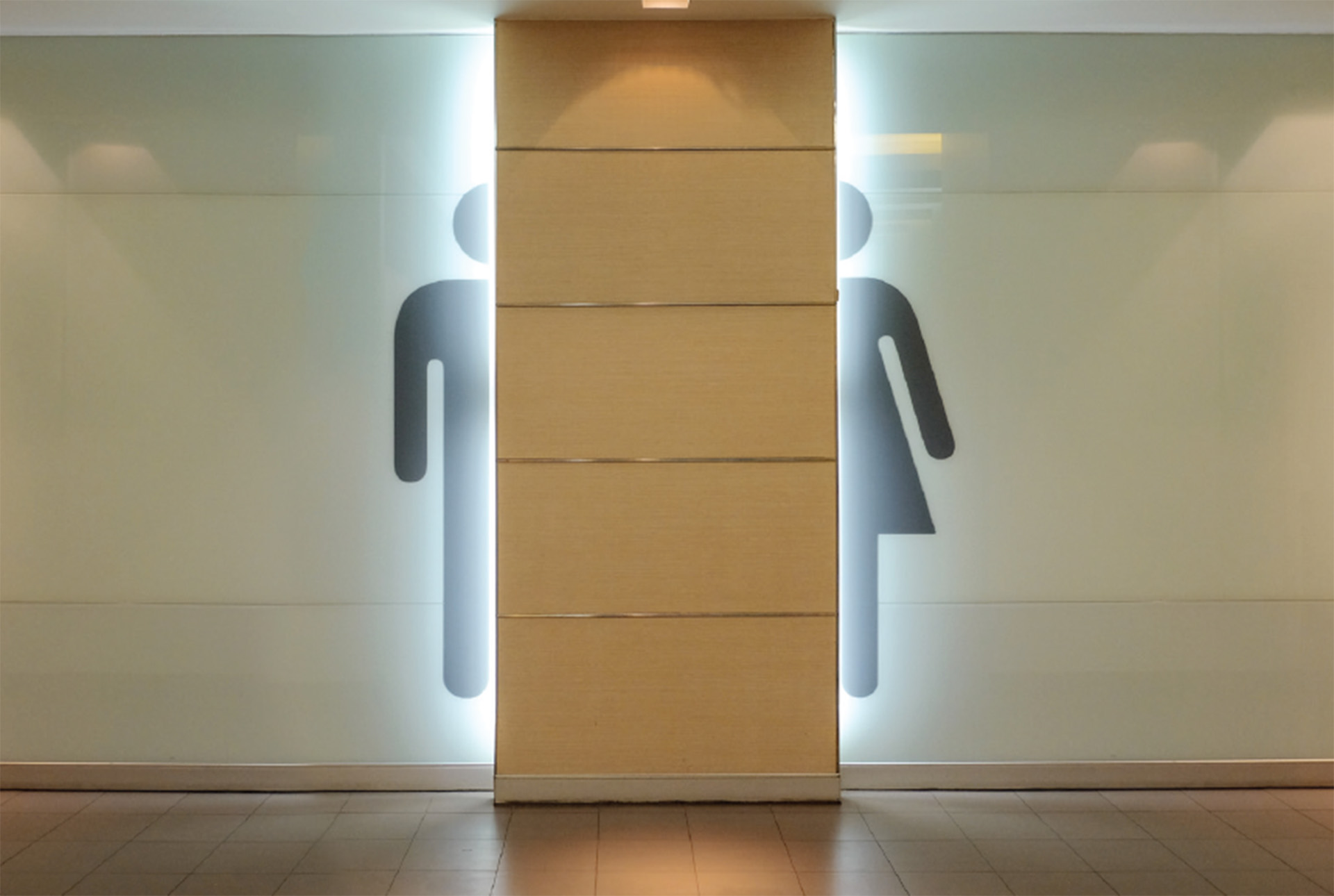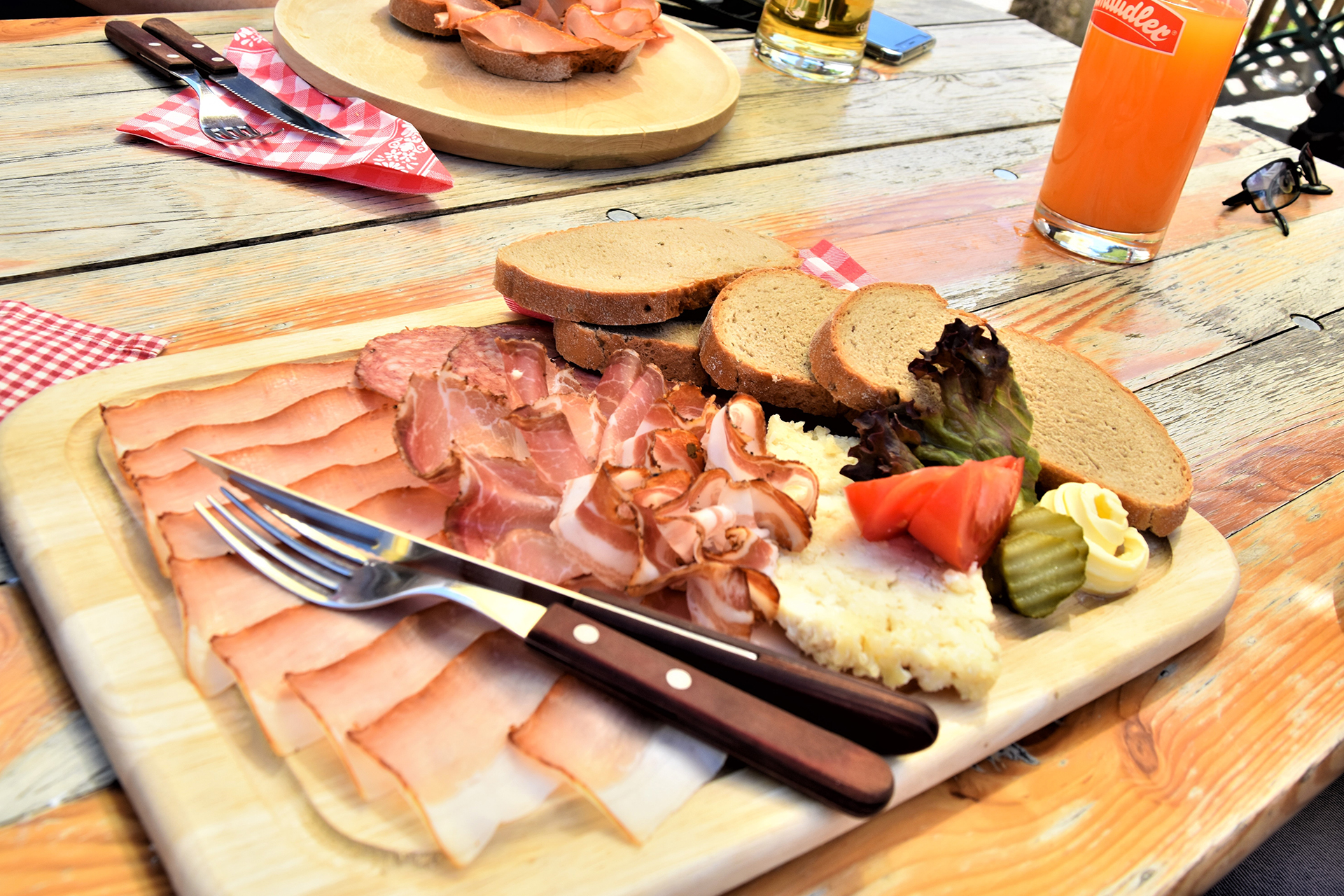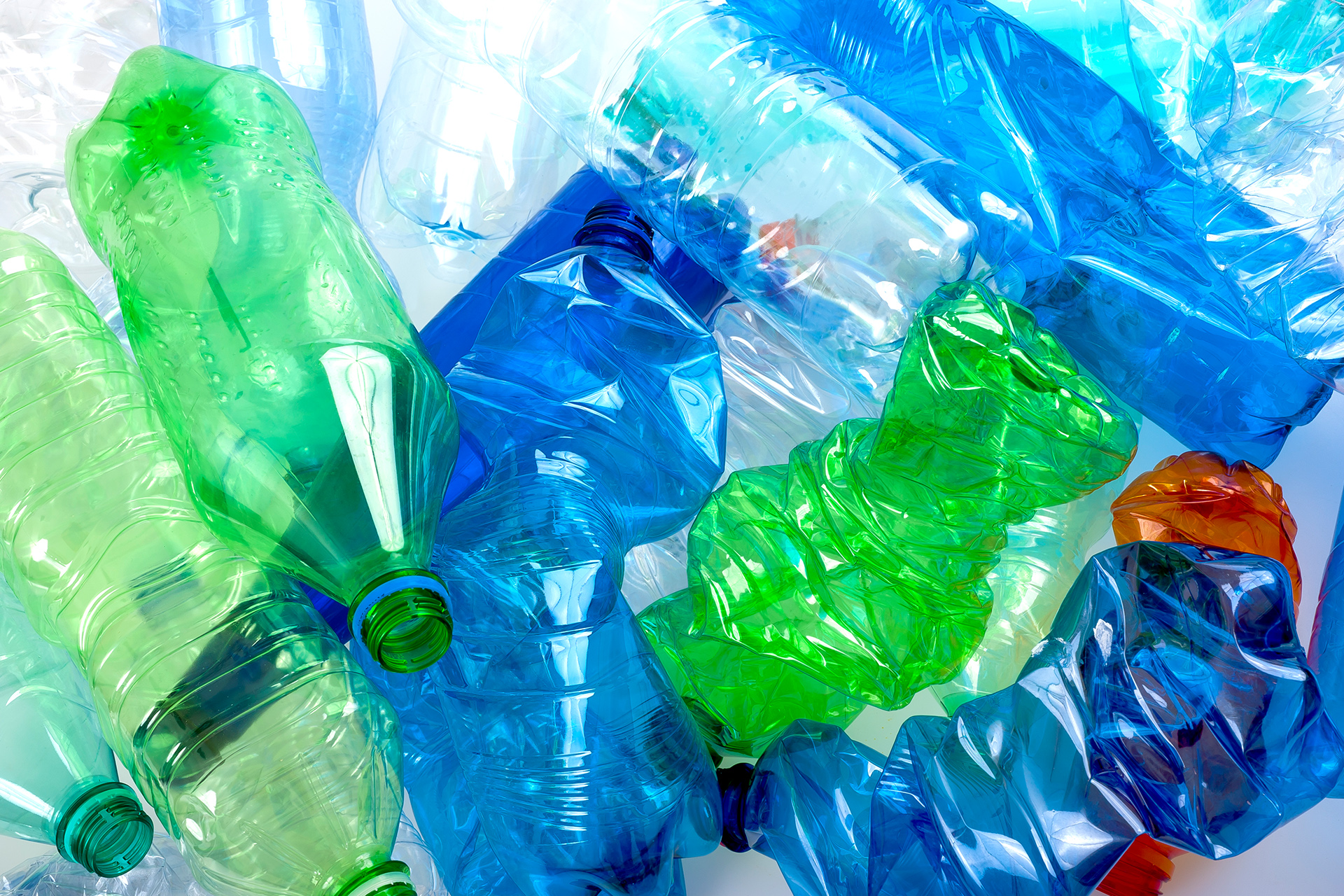Restaurants, caterers and butchers are always on the lookout for reliable, cost-effective ways to cook and store food. Commonly used by those in the food industry, vacuum seal food bags are one smart solution.
Reduced spoilage: All foods spoil or go stale when exposed to oxygen – vacuum seal bags drastically reduce this problem.
They’re an inexpensive way to execute sous vide (translates to ‘under vacuum’ in French) cooking, keep pre-cooked items fresh, store ingredients and protect perishable and non-perishable items from water, mould and other food-related misadventures.
The way that vacuum sealing, or Reduced Oxygen Packaging (ROP), works is by reducing product exposure to oxygen and limiting the potential growth of bacteria. The benefits are far-reaching, and vacuum sealing can be used for more than just storing meat and vegetables.
SOUS VIDE COOKING
Sous vide is a popular, simple, low-cost way to add variety to your menu. It’s a long-duration, low-temperature cooking method using vacuum-sealed bags to lock in fats and liquids. It produces food with more concentrated, intense flavours, while the precise temperature control ensures even cooking, producing a consistent texture and flavour.
FOOD PREPARATION
Vacuum seal food bags are ideal for food preparation because they accelerate the marination time and ensure complete contact with the food’s surface, so every part is exposed to the marinade – saving time and boosting flavour.
FOOD STORAGE
In terms of food storage, vacuum seal bags have many advantages:
No freezer burns: Vacuum sealing your food eliminates freezer burn, which occurs when cold air interacts with the water inside the food.
Longer storage times: Vacuum sealing significantly inhibits bacteria, fungus and mould, so you can keep food fresh for longer.
Seasonal ingredients: Vacuum seal bags allow you to store seasonal produce and use it out of season, improving your menu.
Space efficient: Vacuum-sealed packages contain no wasted space, meaning you can fit more items into your fridges, freezers and pantries.
EXTENDED SHELF LIFE
Vacuum-packing food can extend its shelf life drastically. Comparing vacuum seal food bags to other containers, we typically see storage times of:
- Fresh meat, frozen: 24 months vs 6 months.
- Fresh vegetables, frozen: 24 months vs 8 months.
- Soft cheese, refrigerated: 15 days vs 7 days.
- Fresh herbs, refrigerated: 20 days vs 3 days.
- Nuts, in pantry: 180 days vs 60 days.
These significant increases can save you money by reducing wastage and allowing you to buy ingredients in greater bulk. Vacuum seal food bags are a simple, inexpensive and versatile way to improve your kitchen’s efficiency.

